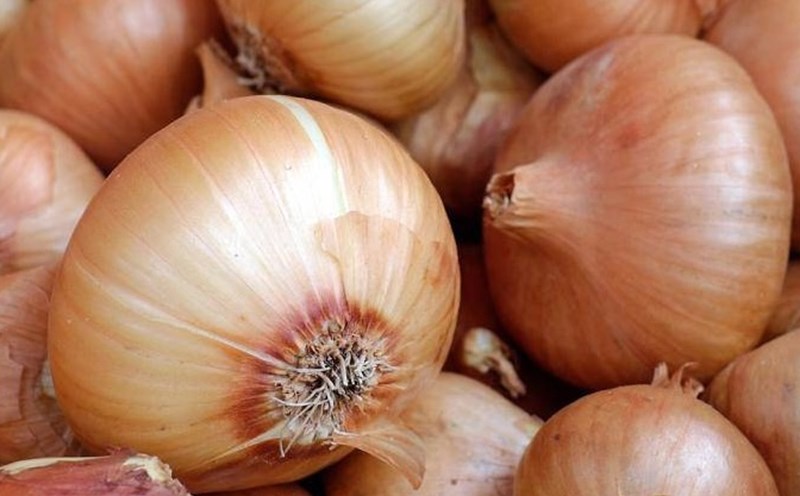A diet rich in saturated fat can increase the risk of impaired kidney function, especially in people with risk factors such as diabetes, high blood pressure or obesity. Animal butter contains about 51% saturated fat a fat that can increase bad cholesterol (LDL), leading to atherosclerosis. When the arteries are stiff, blood flow to the kidneys decreases, causing the kidneys to function inefficiently and be vulnerable.
Research shows that people who consume a lot of saturated fat have a faster rate of kidney failure than those who mainly eat unsaturated fats (such as olive oil, flaxseed oil). saturated fats also trigger a systemic inflammatory response, damaging the capillaries in the kidneys which are sensitive to inflammatory agents.
The World Health Organization has also recommended reducing saturated fat consumption to less than 10% of total daily energy to prevent chronic diseases, including kidney disease. Instead, monounsaturated and polyunsaturated fats from vegetable oils, avocados, fatty fish, etc. are recommended because they help improve blood lipids and reduce the burden on the kidneys.
Animal butter, with its high saturated fat content, is a potential cause of harm to the kidneys if used regularly and uncontrollably.
To protect long-term kidney function, it is necessary to prioritize healthy fats from plants and minimize foods derived from animal fat.











